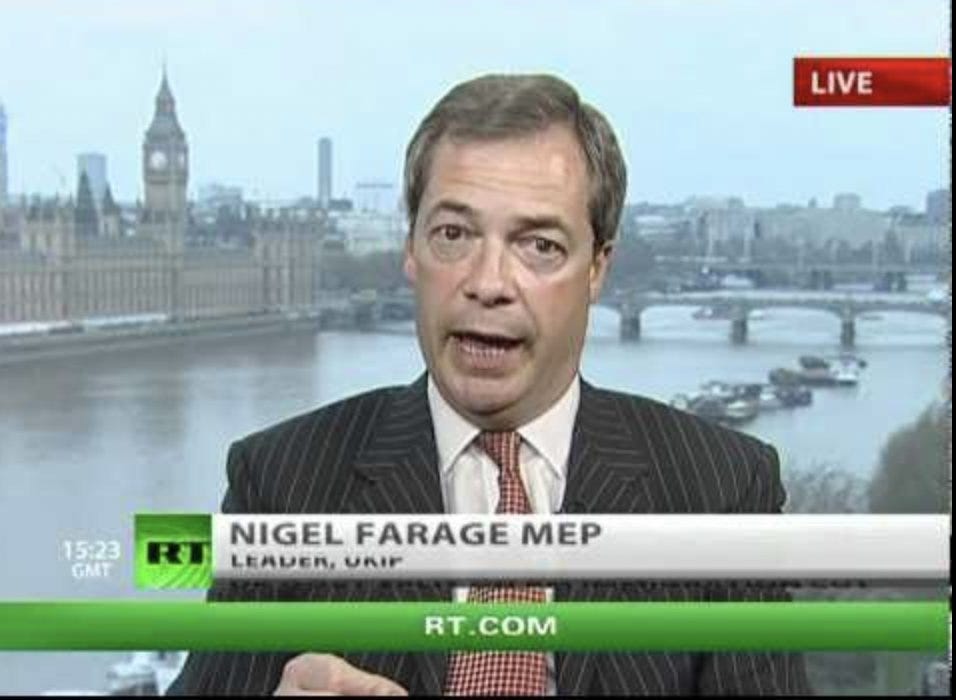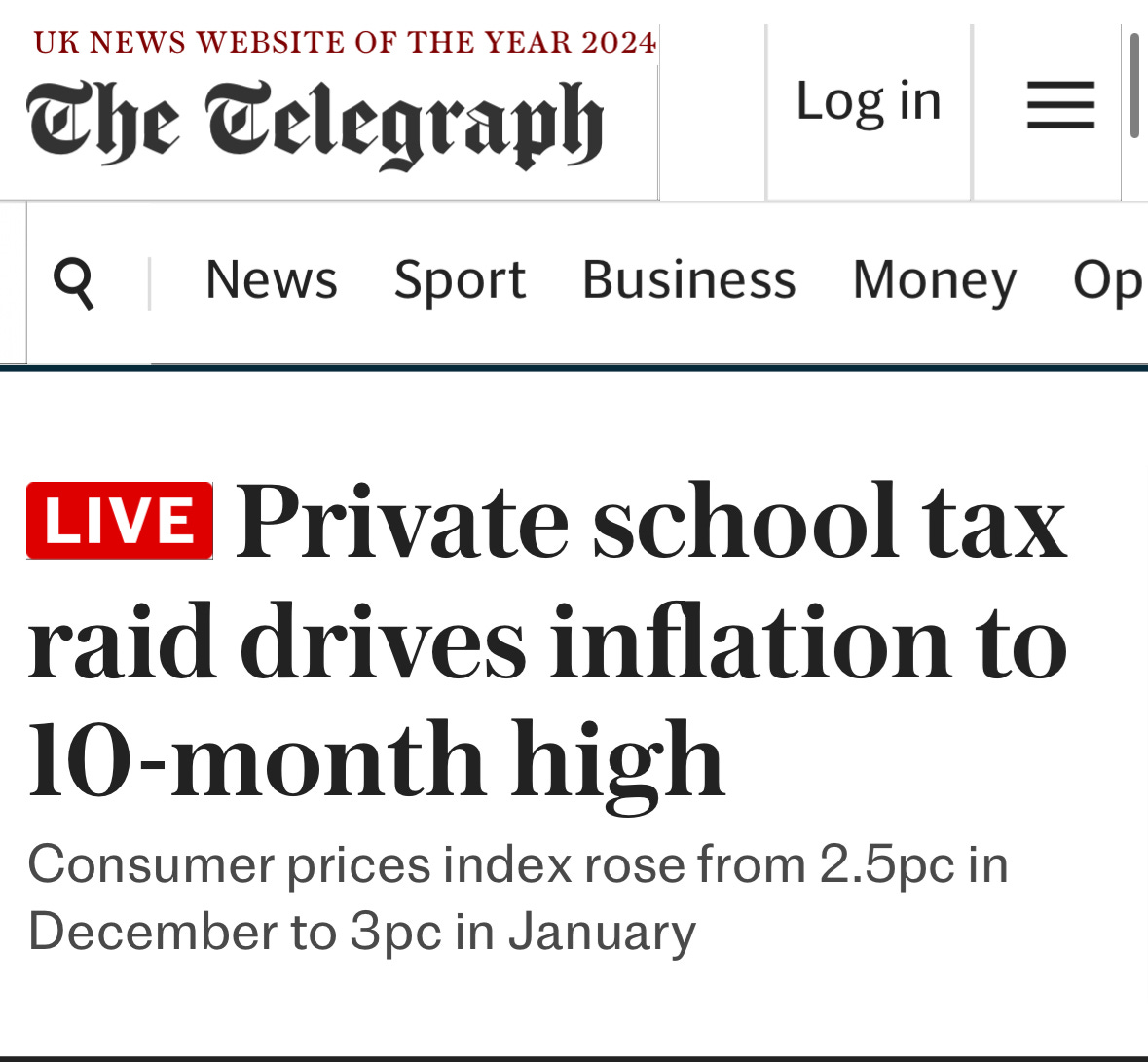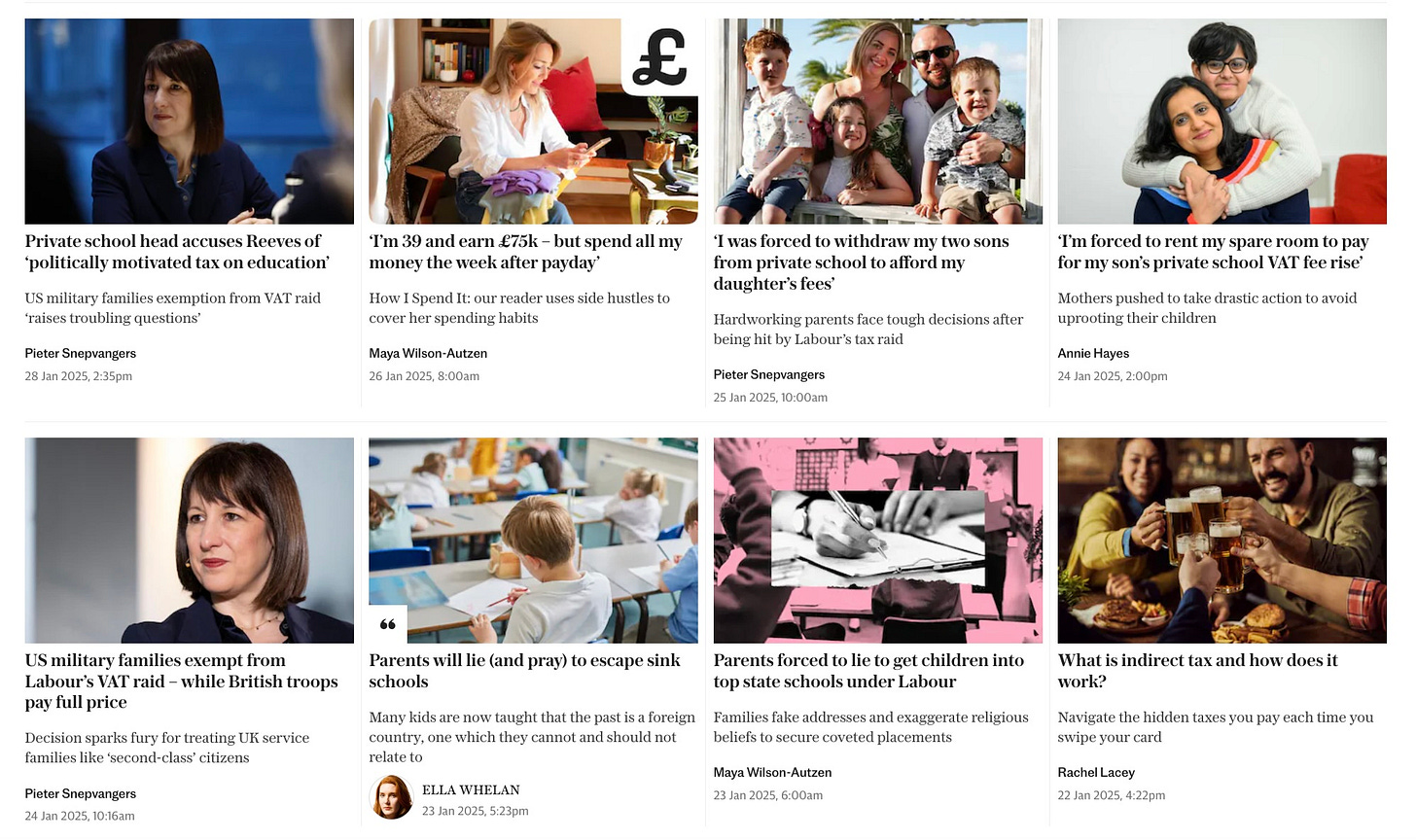Agent Farage
Despite claiming to love his country, Nigel Farage’s silence on Trump, Putin and Ukraine shows where his loyalties really lie
“Family, community and country”, Reform UK leader Nigel Farage told the Trump-supporting ARC conference recently.
“Those are the things that matter to me”.
Now quite how much the twice-divorced adulterer Farage really values “family” is open to question.
As is his commitment to “community”, given how much time he spends away from the community he was elected to serve just last year.
However, when it comes to “country”, nobody can doubt his commitment. It’s just not entirely clear which country he is actually committed to.
Because, while Farage is now making a lucrative career out of claiming to be a British patriot, the truth is that his real loyalties have long lay elsewhere.
Fake Patriotism
That Farage is not the British patriot he claims to be has long been apparent to anyone actually willing to look at the evidence.
His disdain for modern life in the UK, and admiration for foreign autocrats, have never been the actions of someone devoted to their own country.
However, Putin’s invasion of Ukraine and the subsequent re-election of Donald Trump, have both helped to bring this truth to the fore more than ever.
Whether it’s his support for Elon Musk’s relentless attacks on the UK, or his refusal to criticise Trump’s betrayal of our interests in Ukraine, even some of Farage’s own supporters are now starting to question what’s really going on.
So for the benefit of anyone still in doubt, here are all the times Farage has made it more than clear where his real loyalties lie.
An Admirer of Putin
Asked in 2014 which world leader he most admired, Nigel Farage picked Vladimir Putin, describing him as a “brilliant” politician, and “a very canny, very sharp, very clever political operator.”
Despite being asked about this many times over the past decade, it is a position he has refused to deviate from, restating his admiration for Putin to the BBC just last year.
This admiration has continued despite Putin’s brutal actions in Chechnya, Crimea and now Ukraine.
So what is it about the Russian dictator that the Reform leader really admires?
An Apologist for Russia’s Invasion
Last week Farage’s friend Donald Trump caused international outrage after claiming that Ukraine “started” the war with Russia.
However, while this may be a new position for the US President, it is not a new one for the Reform leader.
From the moment Russia first invaded Europe, during its incursion into Crimea, Farage has blamed those being invaded, while excusing the actions of the invaders.
Speaking in the European Parliament while a British MEP, Farage repeatedly blamed the invasion on Ukraine and Nato for “poking the Russian bear with a stick”.
Later when Russia invaded the rest of Ukraine, Farage doubled down saying that Western governments “did start much of this”.
A Protector of Russian Oligarchs
One of the first actions taken by the West in response to Russia’s invasion of Ukraine was to sanction Russian oligarchs with ties to the Putin regime.
As I reported at the time, the UK’s actions on this were far too slow and allowed some of those closest to Moscow to evade the net.
However, even this bare minimum action was too much for Farage, who immediately criticised it, saying that he was “concerned” by the imposition of sanctions and asset seizures on Russian oligarchs, which he claimed had been done “without any form of due process” and without “equity”.
"Is it right to seize people's assets without any form of due process?” he told his GB News viewers.
“I'm concerned about the way this is being done."
A Mouthpiece for Russia
It was not the first time Farage had spoken up for Russian interests. Indeed, while most records of this have now been stripped from the internet, Farage was for many years a regular contributor to the Russian state-owned broadcaster Russia Today, which paid him handsomely for the privilege.
They certainly got their money’s worth, with Farage regularly repeating Kremlin talking points about European leaders, and Russia’s actions in Syria.
In fact so pleased was Russian state media with his performances that they even offered him his own show on the channel.
A ‘Person of Interest’
Farage’s connections to Moscow have previously caused him to come under scrutiny by the intelligence services.
In 2017, Farage was reported to be a “person of interest” in the FBI investigation into Trump and Russia.
Sources with knowledge of the investigation told The Guardian that the Reform leader “had raised the interest of FBI investigators because of his relationships with individuals connected to both the Trump campaign and Julian Assange”.
“One of the things the intelligence investigators have been looking at is points of contact and persons involved,” one source told the paper.
“If you triangulate Russia, WikiLeaks, Assange and Trump associates the person who comes up with the most hits is Nigel Farage”.
“He’s right in the middle of these relationships. He turns up over and over again. There’s a lot of attention being paid to him.”
One particular area of focus in these investigations was Farage’s relationship with Wikileaks founder Julian Assange.
As I revealed at the time, emails leaked to me by an associate of Farage, showed close connections between the two men, amid suspicions that they were acting as a “conduit” for information from the Russian government.
These claims have always been denied by Farage, who described them as “cobblers”.
Whatever the truth of all these connections, it is undoubtedly the case that Farage is a Putin-sympathiser at best and an active promoter of his regime at worst.
Now, in any other circumstances you might expect that Farage’s admiration and apologism for a politician whose forces are currently committing war crimes on European soil, and his subsequent acquiescence to a US President who appears determined to betray our interests in Ukraine, would rule him out of ever being able to claim “patriotism” to this country.
Yet far from being dismissed as a useful idiot to hostile foreign powers, the British press continues to allow Farage to portray himself as a true British patriot, while all the time he spends as much time as he possibly can outside of this country telling lies about us for money.
Hacking the News
Farage is not the only senior right-wing politician with apparent sympathy for Russia.
Yesterday afternoon we published a story on the Byline Times website revealing claims by a former KGB spy chief that US President Donald Trump had been recruited by them in the 1980s, under the codename ‘Krasnov’.
Whatever the truth of this particular claim, it is just the latest of multiple similar allegations that have been made over recent decades of a covert relationship between Trump and Russia.
Our latest story quickly spread around the world yesterday, getting picked up by US outlets, including the Daily Beast.
Yet within hours Byline and other publications carrying the story were hit by a massive DDOS attack, bringing down our websites.
Thankfully, our tech support managed to get us back online, but not without a cost to the story’s spread.
This incident highlights just some of the problems independent publications like ours face in getting out stories that others would rather we didn’t.
As we also showed with our coverage of Dan Wootton, every single report of which still remains online and unchanged a year and a half after his lawyers succeeded in scaring off almost every other publication from digging into the story, such reporting does not come easy.
However, while some stories struggle to be told, others find their way into the media with an amazing ease.
Telegraphing it in
One such story is the supposed societal apocalypse, we’re told on an almost daily basis, is being caused by the Government’s decision to impose VAT on school fees.
This policy, which affects a tiny proportion of people in the UK, has to be one of the most over-reported political decisions ever taken, with it being blamed for almost every ill currently happening in the country.
One good example of this occurred this week when The Telegraph attempted to blame rising inflation on the Government’s ‘Private School Tax Raid’.
In a headline placed at the top of the front page of their website, the paper insisted that “Private school tax raid drives inflation to 10 month high.
Now, while a statement issued by the ONS did list rising school fees as one of a number of factors behind the 0.5% rise in inflation, a spokesperson for the organisation confirmed to me that it was only a relatively small factor.
Asked to what extent private school fee rises had contributed to the increase in inflation, a spokesperson confirmed to this paper that it made up just 0.08% of CPI.
While this is still significant amount, it only amounts to about 16% of the 0.5% increase we saw last month, with transport and food and drink inflation making up a much larger part.
And unlike transport and food, which almost all of us have to pay for, the vast majority of British people will not feel any impact from rising private school fees, due to the fact that just seven per cent of all children ever attend one.
This means that the Telegraph’s headline claim that a “private school tax raid drives inflation to 10 month high” was misleading at best and deliberately deceptive at worst.
It comes as the paper pursues a near-constant campaign against the Government's decision to impose VAT on private school fees, repeatedly suggesting that imposing taxes on fees will "flood" state schools.
However, as with much else that finds its way into the Telegraph, this is very far from the truth.
In fact, as independent fact checkers have repeatedly confirmed, any marginal increase in the numbers of private school pupils switching to state schools is set to be more than counteracted by a much larger expected fall in overall school numbers, due to declining birth rates.








In 1838 Dickens wrote Nicolas Nickelby. In which the literary definition of “gammon” appeared for his audience.
Dickens described an MP being of the “gammon tendency”.
“a tough, burly, thick-headed gentleman, with a loud voice, a pompous manner, a tolerable command of sentences with no meaning in them, and, in short, every requisite for a very good member indeed”.
In 2025 Dickens would have recognised Farage had he still been writing. It’s hard to believe that in a modern democracy we still have grifters like Farage.
He has no opposition. The current Labour leader sees joy in having no discernible political opinion. If the public sees their lives get better it will appear as some passive administrative act of a non-political government rather than something distinctively Labour. Farage may even claim any improvement to public sphere as a Brexit benefit.
Boris Johnson was too lazy and incompetent to be a threat. Farage’s only redeeming feature is that when he gets close to power he runs away. A perpetual rebel that fears putting his nonsense into practice. A legacy of personal enrichment while polluting the public space and damaging Britain.
A dull, cautious, timid, non-political, administrative Labour Parry with few ideas is not a meaningful challenge to Farage. Particularly now it wants to play in the Farage safe space of immigration.
Regarding Farage’s claim that family is important to him, I’d be very tempted to ask his kids what they think about that.
The fascists operate a well worn playbook don’t they. Most of us can see it coming a mile off. But not everyone sadly.